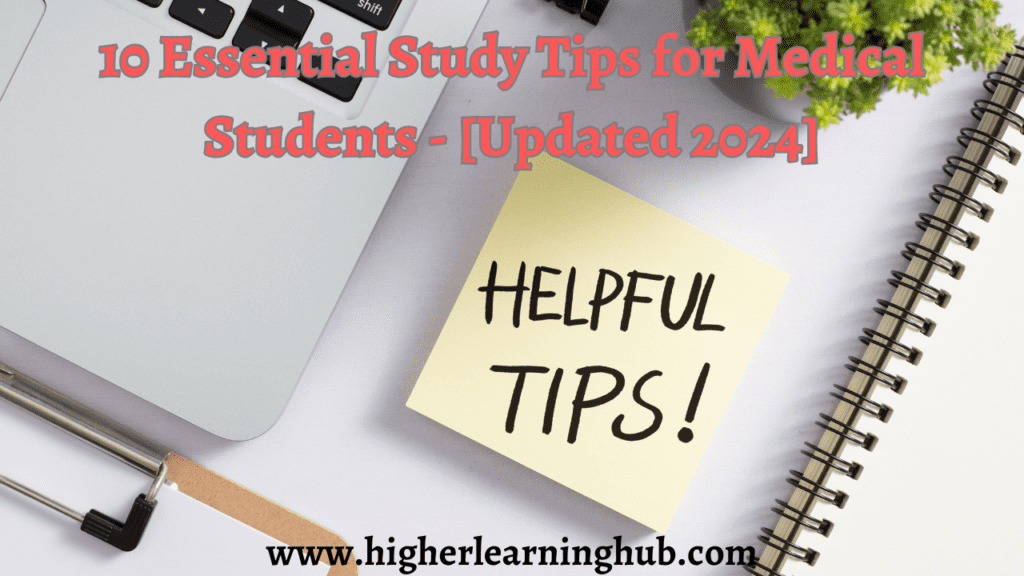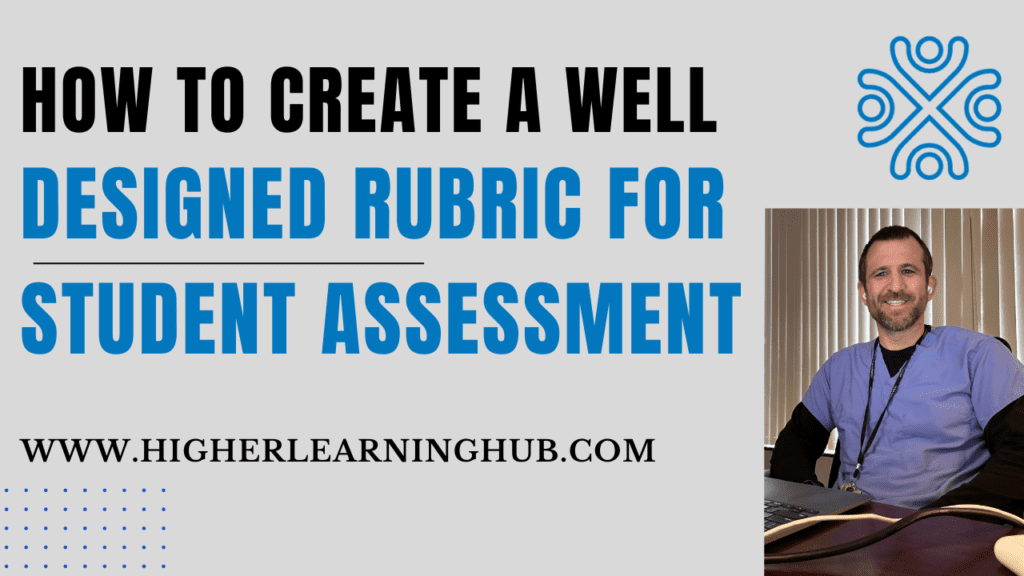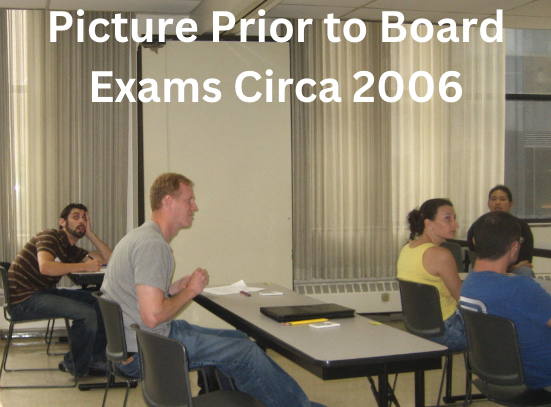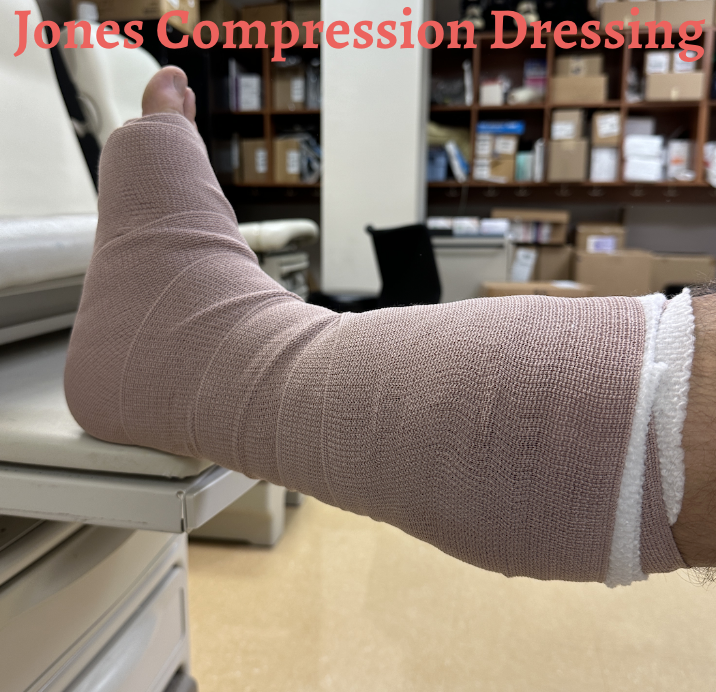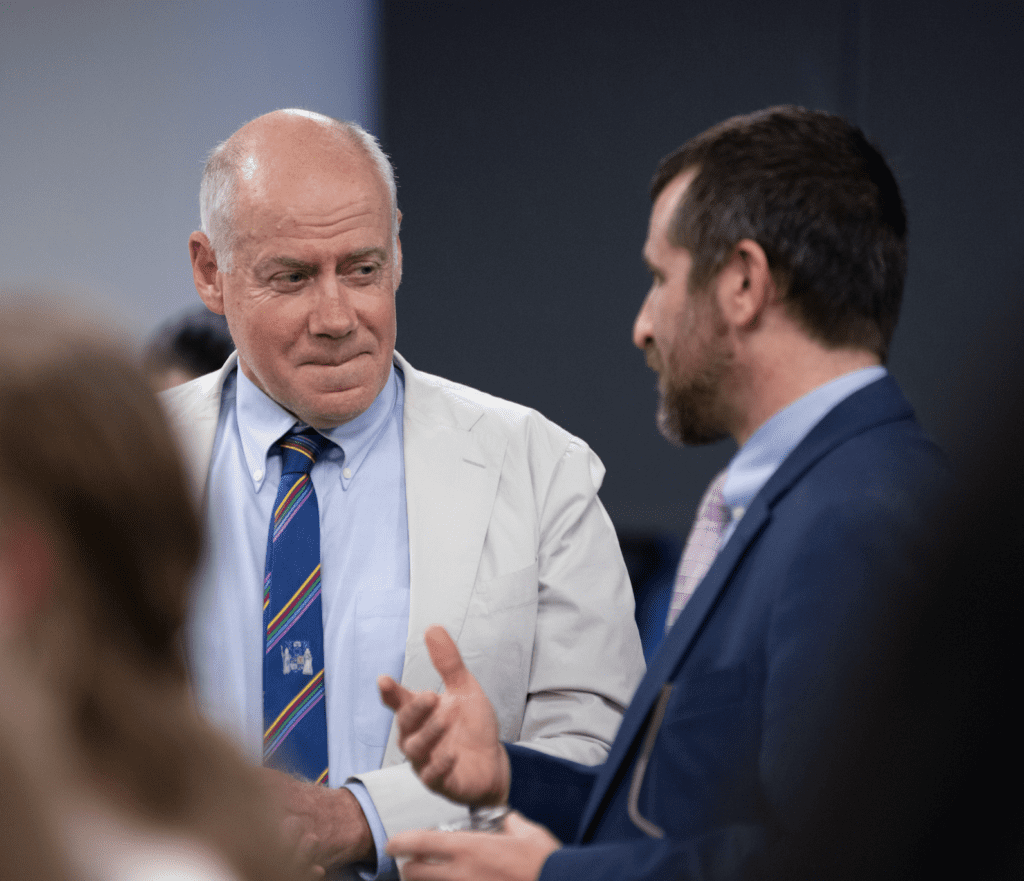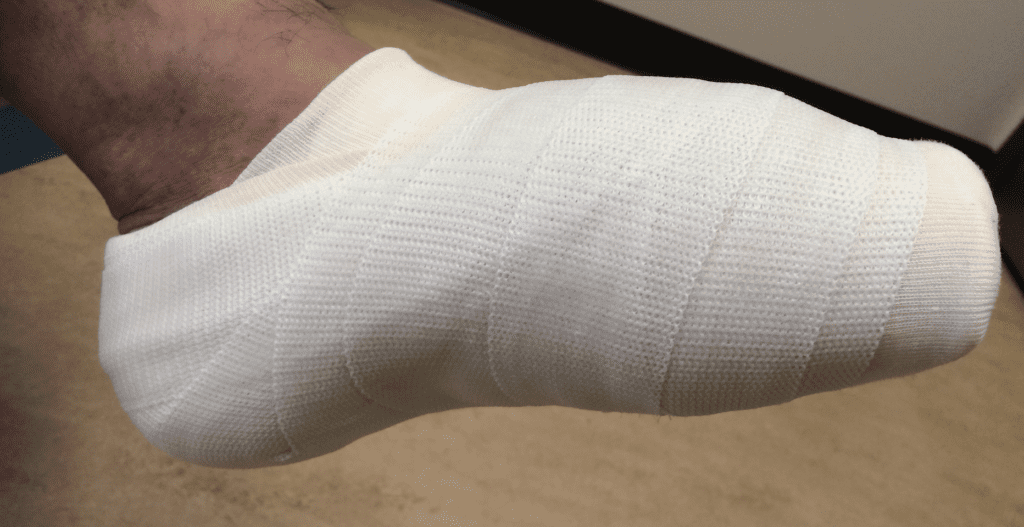Authored by Dr. Leland Jaffe; Associate Dean and Professor; Published on July 7th, 2024
Entering medical school is no small feat. These are rigorous years filled with demanding coursework and intense clinical rotations. The stakes are high, and the pressure is real. Whether you’re just starting or well into your studies, effective study habits can make all the difference.
You might be wondering how to juggle the vast amount of information without burning out. That’s exactly what we’re here to discuss. In this post, you’ll find 10 essential study tips for medical school students. These strategies will help you stay organized, retain more information, and ultimately, succeed. Let’s get started and make your medical school journey a bit smoother.
1. Create a Study Schedule
Creating a study schedule is one of the most effective ways to stay organized and ensure you’re covering all necessary material. A well-structured plan helps you allocate time wisely and prevents last-minute cramming.
Prioritize Your Subjects
When creating a study schedule, it’s crucial to allocate your time based on the difficulty of each subject and upcoming exam dates. I feel that spending more time on tough subjects can help balance your workload and reduce stress.
- Assess Difficulty: Start by identifying which subjects you find most challenging. Allocate more study hours to these.
- Exam Dates: Consider the dates of your upcoming exams. Prioritize studying for exams that are closer.
- Balance Your Time: Try to spread your study time evenly. Focus on harder topics, but don’t neglect the easier ones altogether.


Include Breaks
Incorporating regular breaks into your study schedule is vital for maintaining mental health and boosting productivity. Your brain needs time to rest and reset, much like a computer that slows down if it’s running too many programs at once.
- Improves Concentration: Breaks enhance your concentration and productivity, allowing you to absorb information better.
- Reduces Stress: Regular breaks help manage stress and keep you from feeling overwhelmed.
- Boosts Creativity: Stepping away from your books can also spark creativity and give you fresh perspectives when you return.
For more on the benefits of taking breaks, visit this insightful article.
By setting a detailed study schedule with well-placed breaks, you’re setting yourself up for success. You’ll be able to tackle even the most demanding aspects of your medical school journey more efficiently.
2. Active Learning Techniques
Active learning techniques are essential to mastering the vast and complex material in medical school. These methods encourage you to engage with the content actively, making it easier to absorb and remember information. Here are two powerful active learning techniques that can help you succeed.
Practice with Flashcards
Using flashcards is a simple yet highly effective way to boost your memory and recall information quickly. Flashcards can help you engage in active recall, a process where you actively stimulate your memory during the learning phase. Through my years as a professor, I’ve seen students find success with Anki and Quizlet flashcard apps.
Here are some benefits of using flashcards:
- Improved Recall: Flashcards promote active recall by forcing you to remember a term or concept from memory. This strengthens your neural connections and enhances your ability to remember the information later.
- Efficiency: They are a quick and efficient way to study. You can use them anytime and anywhere, whether you are waiting for an appointment or have a few minutes to spare between classes.
- Self-Testing: The process of flipping through flashcards and seeing what you know and what you don’t know helps you identify areas that need more focus. This self-testing approach can significantly improve your overall performance.
Studies have shown that flashcards are one of the most effective tools for self-testing and reinforcing your learning. For more detailed information, check out this informative guide.
Teach What You’ve Learned
One of the best ways to deepen your understanding of a topic is to teach it to someone else. The Feynman Technique is a great strategy for this purpose. This method involves explaining a concept in simple terms as if you were teaching someone with no prior knowledge of the topic.


Here are the steps to use the Feynman Technique:
- Choose a Concept: Start with a topic you want to learn.
- Teach It to a Child: Explain it in simple terms as if teaching a child.
- Identify Gaps: When you get stuck or realize there are gaps in your understanding, go back to the source material.
- Simplify Further: Simplify your explanation even more until it’s clear and concise.
Teaching forces you to break down complex ideas into simpler components, ensuring that you truly comprehend the material. This technique not only helps consolidate your knowledge but also improves your critical thinking skills and long-term retention.
For more insights into the benefits of the Feynman Technique, read this detailed article.
3. Utilize Multiple Resources
Ensuring you’re using a variety of study materials is vital for understanding complex medical concepts. By combining different types of resources, you get a more comprehensive view and enhance your learning experience. Let’s explore two key ways to do this.
Textbooks and Online Resources
Combining traditional textbooks with reputable online platforms can be a game-changer in your medical studies. Textbooks provide in-depth explanations, while online resources often offer up-to-date information and interactive content. Try not to rely solely on your class notes for information, as textbooks can provide the foundational information that is needed to understand the content discussed in class. Your class syllabus will likely provide recommended textbooks where you’ll find helpful supplemental information.


Here’s why you should mix both:
- Comprehensive Understanding: Textbooks give you a solid foundation.
- Interactive Learning: On the other hand, online platforms like Quizlet and Khan Academy offer quizzes, videos, and interactive exercises that make learning engaging.
- Current Information: Medical knowledge evolves quickly. Websites like PubMed and Up-to-Date keep you updated with the latest research and trends.
A study found that medical students who used a mix of resources, including apps and online lectures, had more varied and enriched learning experiences (source: BMC Medical Education). By tapping into a diverse set of materials, you can tailor your study approach to your needs.
Study Groups
Working with your peers in study groups can be incredibly beneficial. Study groups offer a chance for collaborative learning, allowing you to discuss and break down complex topics together. Remember that your strengths could be others’ weaknesses, and vice-versa. Working together can help to strengthen everyone’s knowledge!


Here are some advantages of study groups:
- Shared Knowledge: Different perspectives can bring new insights. You might catch something you missed, or explain a difficult concept to a friend.
- Motivation: Being part of a group keeps you accountable. It’s like having a gym buddy, but for studying.
- Social Interaction: Medical school can be isolating. Study groups offer a social break, which is good for your mental health.
Research suggests that medical students in study groups often feel more confident and better prepared for exams (source: National Center for Biotechnology Information). By studying together, you can gain a deeper and more nuanced understanding of the material.
Using multiple resources, from books to digital platforms and group studies, enriches your learning experience and better equips you for the challenges of medical school. Keep diversifying your study materials, and you’ll find your grasp of the material growing more robust.
4. Practice Past Exams
Practicing with past exams is an essential strategy for medical students aiming to excel in their exams. By working through previous questions, you develop a deeper understanding of the material, familiarize yourself with the exam format, and identify areas that need improvement. Here’s a more detailed look at why this approach is so beneficial.
Simulate Exam Conditions
Simulating exam conditions is like training for a marathon. Just as runners build their endurance through practice, you can build your “exam endurance” by mimicking the test environment. (see the blog post discussing Effective Time Management Strategies during Exams.)
When you practice under timed conditions, you’re not just learning the material. You’re also training your brain and body to handle the pressure and constraints you’ll face on test day. This approach has several benefits:
- Builds Endurance: Regular practice under exam conditions helps you build the stamina needed for long exams. You’ll get used to working at a steady pace without burning out.
- Reduces Anxiety: Familiarity breeds comfort. By exposing yourself to the exam format repeatedly, the actual test will feel less intimidating.
- Boosts Confidence: Knowing what to expect can significantly boost your confidence. You’ll walk into the exam room feeling prepared and ready to tackle any question.
It’s important to recreate the testing environment as closely as possible. Find a quiet place, set a timer, and limit distractions. This helpful guide offers additional tips on how to maximize the benefits of practice exams.
Practicing with past exams and simulating real test conditions are effective methods to enhance your exam performance. These strategies not only prepare you academically but also mentally, setting you up for success in your medical school journey.
5. Stay Physically Active
Medical school can be mentally exhausting, but staying physically active is a powerful way to keep your mind sharp and stress-free. Incorporating regular exercise and maintaining a healthy diet are key components for success.
Regular Exercise


Exercise does wonders for your brain and body. When you move, you increase blood flow to your brain, which can help improve concentration and focus. Physical activity also releases endorphins, which are natural stress-fighters.
Here are some ways exercise benefits your academic performance:
- Improves Concentration: Exercise boosts blood flow to the brain, enhancing cognitive functions and alertness (source).
- Reduces Stress: Physical activity reduces levels of stress hormones like adrenaline and cortisol, making you feel more relaxed (source).
- Enhances Mood: Regular exercise releases endorphins, which improve mood and alleviate stress, promoting a positive outlook.
Consider finding a workout routine that you enjoy, whether it’s a morning jog, yoga session, or hitting the gym. Making time for exercise can improve your mental well-being and academic performance. I know time can be limited during medical school, but prioritizing exercise is important for your overall well-being. I tend to exercise first thing in the morning, as my days tend to be more productive and I’m in a better mood with this morning routine. (see the blog post on How To Build a Morning Routine To Help You Own The Day).
Healthy Diet
What you eat can significantly impact how well your brain functions. Nutrient-rich foods can improve memory, concentration, and overall cognitive function. Here are some brain-boosting foods to include in your diet:
- Leafy Greens: Vegetables like kale, spinach, and broccoli are rich in brain-healthy nutrients like vitamin K and lutein (source).
- Fatty Fish: Salmon, trout, and sardines are excellent sources of omega-3 fatty acids, which are crucial for brain health (source).
- Berries: Blueberries and strawberries contain antioxidants that help improve memory and delay brain aging (source).
- Nuts and Seeds: Almonds, walnuts, and pumpkin seeds are packed with nutrients that support cognitive function (source).
Incorporating these foods into your diet can help keep your brain healthy and optimize your study sessions. Combining a healthy diet with regular exercise will set you up for success in medical school and beyond.
By prioritizing physical activity and nutrition, you can boost your brainpower and improve your overall well-being. Keep these tips in mind as you continue your journey through medical school.
6. Manage Stress Effectively
Managing stress is a crucial part of succeeding in medical school. With so much to learn and the constant pressure of exams and clinicals, stress can easily pile up. However, there are effective strategies to help keep stress at bay. Let’s explore some practical ways you can manage stress effectively.
Mindfulness and Meditation
Mindfulness practices, such as meditation, can be a game-changer in managing stress. These practices help you stay present and focused, reducing anxiety and improving overall well-being. I’ve never been successful at meditation, but for me, exercise fulfills the same needs.
Benefits of Mindfulness Practices:
- Reduces Stress: Mindfulness helps you become more aware of your thoughts and feelings without judging them. This awareness can reduce emotional reactivity and stress.
- Improves Focus: Regular mindfulness practice can enhance your concentration, which is essential for absorbing complex medical material.
- Boosts Emotional Health: Mindfulness increases self-awareness and compassion, which are vital for maintaining mental health.
You can easily incorporate mindfulness practices into your daily routine by starting small. Here are a few simple steps to get you started:
- Start Your Day with Meditation: Spend 5-10 minutes each morning focusing on your breath.
- Use Mindfulness Apps: Apps like Headspace or Calm can guide you through meditation sessions.
- Practice Deep Breathing: Whenever you feel overwhelmed, take a few deep breaths to reset your mind.
Time Management Techniques
Effective time management is another critical aspect of managing stress in medical school. One powerful method for managing your time efficiently is the Pomodoro Technique.
Understanding the Pomodoro Technique:
The Pomodoro Technique involves breaking your study time into 25-minute intervals, called “pomodoros,” followed by a 5-minute break. After four pomodoros, take a longer break of 15-30 minutes. This method helps you maintain focus and prevents burnout.
Benefits of the Pomodoro Technique:
- Increases Focus: Short, focused intervals help you stay engaged with the material.
- Reduces Procrastination: Knowing that a break is coming can make it easier to tackle even the most daunting tasks.
- Improves Productivity: Regular breaks keep your mind fresh and ready to absorb more information.
Here’s how you can implement the Pomodoro Technique:
- Set a Timer: Start with a 25-minute timer and focus solely on your study material.
- Take a Break: Once the timer goes off, take a 5-minute break. Stretch, walk around, or do something relaxing.
- Repeat: After four Intervals, take a longer break to recharge.
This time management method not only keeps you productive but also helps in managing stress by breaking down your study sessions into manageable chunks. For more details, read this detailed guide on the Pomodoro Technique.
By incorporating mindfulness practices and effective time management techniques into your routine, you can manage stress more effectively and create a healthier study environment.
7. Get Adequate Sleep (when possible)
Quality sleep is often underestimated, yet it’s essential for a successful medical school experience. A sufficient amount of rest is crucial for retaining information, problem-solving, and maintaining overall well-being. Let’s explore some helpful tips on establishing a sleep routine and understanding why avoiding cramming at night is wise.
Establish a Sleep Routine


Creating a consistent sleep schedule is vital for anyone, especially medical students facing long hours of study and clinical rotations.
Here are some tips to establish a consistent sleep routine:
- Set a Regular Bedtime: Aim to go to bed and wake up at the same time every day, even on weekends. Your body thrives on consistency.
- Create a Relaxing Pre-Sleep Routine: Engage in calming activities before hitting the sack, such as reading, meditating or listening to soft music.
- Limit Screen Time: The blue light from screens can interfere with your sleep cycle. Try to avoid screens at least an hour before bed.
- Be Mindful of Caffeine: Consuming caffeine late in the day can make falling asleep challenging. Try to cut back on coffee, tea, and other caffeinated drinks in the afternoon.
For more information on the importance of sleep for cognitive function, check out this article by the Sleep Foundation.
Avoid Cramming at Night


Late-night studying may seem like a necessity when exams are looming, but it’s not as effective as you might think. Here’s why avoiding cramming at night can benefit your studies:
- Reduced Focus: Late-night studying can lead to impaired concentration, making it difficult to absorb and retain information.
- Sleep Deprivation: Staying up late to study can cut into your sleep time, leading to sleep deprivation and its harmful effects on cognition and health.
- Increased Stress: Lack of sleep can heighten stress levels, further hindering your ability to think clearly and perform well.
Instead of staying up all night, try these alternatives:
- Break Up Study Sessions: Spread your study time throughout the day. Short, focused sessions can be more effective than marathon cramming.
- Utilize Daytime Hours: Use your most alert times during the day for studying.
- Power Naps: A short nap can help recharge your brain and improve focus.
For more insights into the downsides of late-night studying, visit this detailed article.
Ensuring you get enough rest not only enhances your learning capabilities but also keeps your body and mind in optimal condition. Prioritize sleep and establish a routine for a healthier and more productive medical school experience.
8. Develop Critical Thinking Skills – Study Tips For Medical Students
In medical school, developing critical thinking skills is essential. These skills help you analyze complex situations, make informed decisions, and provide better care for your patients. Let’s explore two effective ways to enhance your critical thinking abilities: engaging in case studies and asking questions.
Engage in Case Studies


Case studies offer a practical way to apply theoretical knowledge. By working through real-world scenarios, you bridge the gap between classroom learning and clinical practice.
Photo by Kampus Production
Benefits of Case Studies:
- Hands-On Learning: Case studies provide a hands-on approach, allowing you to practice diagnostic and decision-making skills.
- Application of Knowledge: They help you apply what you’ve learned to real-life situations, reinforcing your understanding.
- Problem-Solving: Case studies present unique challenges that develop your problem-solving and analytical skills.
Ask Questions
Asking questions is a fundamental part of learning, especially in medical school. It promotes curiosity and deepens your understanding of the subject matter.
Benefits of Asking Questions:
- Deepens Understanding: Asking questions helps clarify doubts and deepens your understanding of complex topics.
- Encourages Curiosity: It fosters curiosity, encouraging you to explore topics more thoroughly.
- Improves Critical Thinking: Formulating questions and seeking answers sharpens your critical thinking abilities.
To learn more about the importance of asking questions in medical education, read this insightful resource.
Both engaging in case studies and asking questions are vital practices that can significantly enhance your critical thinking skills in medical school. These methods not only improve your academic performance but also prepare you for the complexities of clinical practice.
9. Utilize Technology
In today’s digital world, technology plays an important role in medical education. Leveraging these tools can significantly enhance your studying process, making it more efficient and engaging.
Online Courses and Lectures


Technology can significantly enhance the study experience in medical school by providing diverse and interactive learning tools. Digital platforms like virtual anatomy labs and 3D medical imaging allow students to explore the human body in detail, offering a hands-on experience that complements traditional textbook learning. Online resources through the library and databases give instant access to the latest research, medical textbooks, and medical journals, ensuring students stay updated with the most current information. Educational apps and software can offer personalized learning experiences, helping students identify their strengths and weaknesses through adaptive quizzes and interactive case studies. Additionally, collaboration tools enable seamless communication and resource sharing among peers and educators, fostering a collaborative learning environment.
Utilizing technology through apps and online courses can transform the way you approach your studies. These tools provide you with interactive, up-to-date, and comprehensive resources to make your learning process smoother and more effective.
10. Seek Support
Navigating medical school can be daunting, but you don’t have to do it alone. Seeking support from mentors and utilizing counseling services can make a significant difference in your journey. These resources provide invaluable guidance, emotional support, and practical advice that can help you thrive in your studies and beyond.
Mentorship
Having a mentor can be one of the most valuable relationships you’ll develop in medical school. A mentor can offer:


- Guidance and Advice: Mentors provide wisdom and advice based on their own experiences. They can help you navigate everything from difficult courses to career decisions.
- Emotional Support: Medical school can be overwhelming. Mentors are there to encourage you and boost your confidence when you’re feeling uncertain or stressed.
- Networking Opportunities: Mentors often have valuable connections in the medical field that can help open doors for future opportunities.
Counseling Services
Mental health is just as important as physical health, especially in a demanding environment like medical school. Counseling services offer numerous benefits:
- Emotional Well-being: Counseling can help manage stress, anxiety, and depression, which are common among medical students.
- Better Coping Strategies: Counselors can teach you effective coping mechanisms for dealing with the pressures of medical school.
- Academic Performance: Addressing mental health issues can lead to better focus and improved academic performance.
According to Montare Behavioral Health, counseling services can offer significant benefits, such as emotional relief and the development of healthy coping mechanisms.
Taking advantage of mentorship and counseling services can provide the support you need to succeed in medical school. Reach out and seek the help that can make your journey smoother and more fulfilling.
Study Tips For Medical Students: Conclusion
Mastering medical school demands more than just hard work. It requires smart strategies to maximize learning and maintain well-being. These ten study tips are designed to help you thrive.
Start with a study schedule. Prioritize subjects and include breaks to boost productivity. Use active learning techniques like flashcards and teaching others to deepen your understanding. Diverse resources, including textbooks and online platforms, enrich your knowledge.
Practice past exams under real conditions to build confidence. Incorporate physical activity and a healthy diet to stay energetic. Manage stress with mindfulness and efficient time management. Finally, get adequate sleep and avoid cramming.
Develop critical thinking through case studies and questioning. Utilize technology with educational apps and online courses for an edge. Seek support from mentors and counseling services to navigate challenges.
Implement these strategies to enhance your medical school journey. Stay organized, stay active, and seek help when needed. Best of luck!

